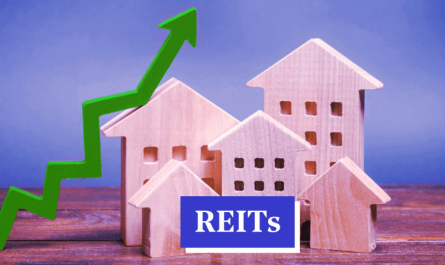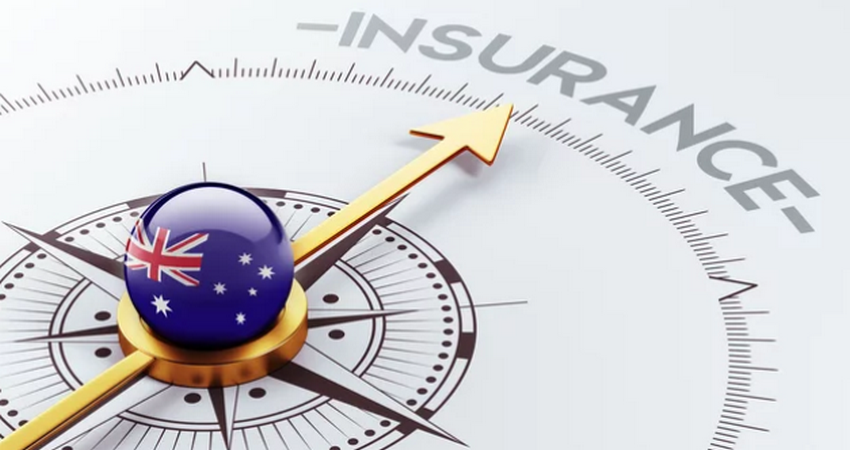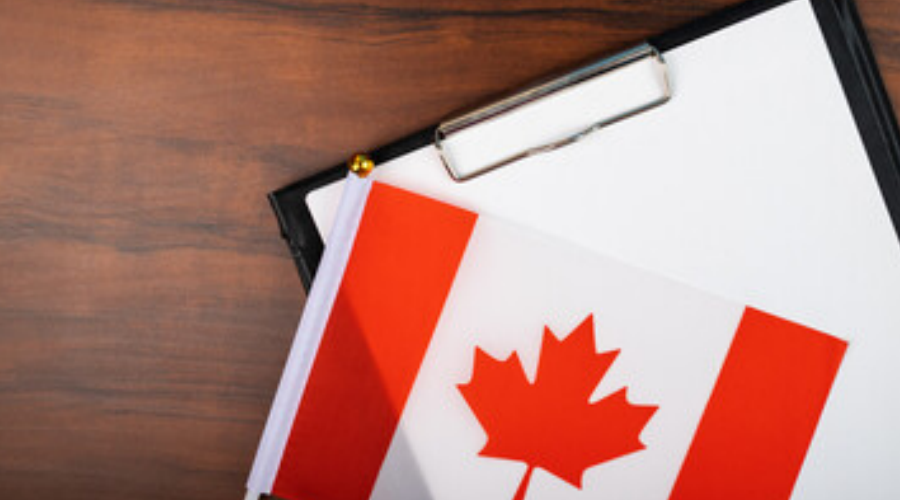The property insurance market teeters on the edge. Climate disasters multiply. Premiums soar. Coverage shrinks. Now, a proposed bill threatens to tip the balance. The American Property Casualty Insurance Association (APCIA) sounds the alarm. It warns that the Homeowners Insurance Bill of Rights—pushed by Consumer Reports—could harm the property insurance USA sector. The bill aims to protect consumers. But APCIA argues it ignores market realities. This harmful bill debate highlights tensions in the insurance association landscape. For homeowners, agents, and regulators, the stakes are high. This post unpacks the bill, APCIA’s concerns, and what it means for the property insurance USA future.
The Homeowners Insurance Bill of Rights: A Consumer Push
Consumer Reports launched the Homeowners Insurance Bill of Rights in October 2025. It responds to a crisis. Insurers drop 2 million policies yearly. Premiums average $2,500—up 50% since 2019. States like California, Florida, Louisiana see mass exits. The bill proposes nine protections.
Key demands: Fair access based on risk, not finances. Clear rate factors. No socioeconomic discrimination. Easy claims. Transparent cancellations. Mitigation incentives. The blueprint urges federal action. CR’s Alexandra Grose: “Homeowners deserve basic rights.” It builds on state efforts, like Colorado’s reforms.
Backers cite climate. Billion-dollar disasters: 29 in 2023. Losses: $145 billion projected 2025. Retrofitting cuts risks 40–75%, per NAIC. The bill pushes for that. For the blueprint, see CR’s Bill of Rights.
APCIA’s Warning: A Harmful Bill for the Property Insurance USA
The APCIA pushes back hard. Karen Collins, VP of property and environmental, calls it unnecessary. “States have robust systems,” she says. Existing laws cover claims, cancellations, disclosures. The bill duplicates efforts. It risks market distortion.
Core concern: The reinsurance enterprise. Funded by 1% property policy fee, it could sell reinsurance. APCIA fears competition with private markets. Colorado’s version—HB 24-1031—removed some provisions. But the national bill revives them. Walker of Rocky Mountain Insurance Information Association: “It could force smaller insurers out.”
APCIA represents 200+ carriers. They warn of unintended consequences. Rate reductions for low loss ratios? Discourages competition. Broader access ignores risks. This harmful bill could raise premiums, limit coverage. For APCIA’s stance, check Insurance Business on APCIA.
Why the Bill Could Distort the Insurance Association Landscape
Insurers argue markets self-regulate. Rising premiums reflect losses—$145 billion 2025 forecast. The bill’s 75% loss ratio rule forces cuts, hurting reserves. APCIA: “It ignores catastrophe exposure.” Reinsurance enterprise: State competition crowds private players. Florida’s Citizens grew to 1.2 million—strains system.
The Property Insurance USA Crisis: Context for the Debate
Climate fuels turmoil. 6.8 million properties face hikes, drops, value falls, per First Street. California: 19 carriers restrict. Florida: $3,600 average premium. Louisiana: Reforms lure back insurers.
Drivers: Building costs up 40%. Reinsurance 30% hikes. Billion-dollar events: 29 in 2023. OFR: Premiums reflect losses, not greed. NAIC, FIO collect data for solutions. Property insurance USA strains—bill addresses symptoms, not roots.
Consumer side: 2 million non-renewed 2018–2023. High-risk areas worst. Retrofitting saves 40%, per NAIC. But access lags. For crisis data, see OFR property market blog.
State-Level Battles: Colorado as a Case Study
Colorado’s HB 24-1031 mirrors the bill. Industry lobbied—removed 75% loss ratio cut. Reinsurance enterprise remains. Walker: “Unclear if it sells coverage—conflicts private.” Passed April 2025, it funds by 1% fee. APCIA: “Forces smaller out, limits presence.”
Balancing Consumer Rights and Market Stability
The bill seeks fairness. No credit-based denials. Transparent factors. Mitigation credits. CR: “Basic protections.” APCIA counters: Existing laws suffice. States regulate rates, claims. Federal overreach? Unneeded.
Common ground: Resilience. Retrofitting cuts risks 75%. Bill pushes incentives. Industry agrees—credits for roofs, vegetation. NPR: $145 billion losses 2025—shared burden. Insurance association calls for state-led, not national mandates.
Potential Outcomes: If the Bill Passes
Enactment? More access, but higher premiums. Reinsurance enterprise competes—capacity shrinks. Smaller carriers exit. CR: 2 million protected. APCIA: Market collapses.
Recommendations for Homeowners and Insurers
Homeowners: Shop via Policygenius. Mitigate—elevate, clear brush. Credits save 10–20%. Join advocacy—NAIC data calls.
Insurers: Engage regulators. Propose reforms. Invest resilience—partnerships cut losses 30%. Property insurance USA needs balance.
For homeowners, see our property insurance rights.
Conclusion: Navigate the Debate on This Harmful Bill
The Homeowners Insurance Bill of Rights aims to shield consumers. APCIA warns it’s a harmful bill for property insurance USA. Insurance association concerns—market distortion, reinsurance clashes—highlight tensions. Climate drives crisis. Reforms needed, but targeted.
Stakeholders: Dialogue. Balance rights, stability. The market evolves—prepared wins. Your take? Comment below.







